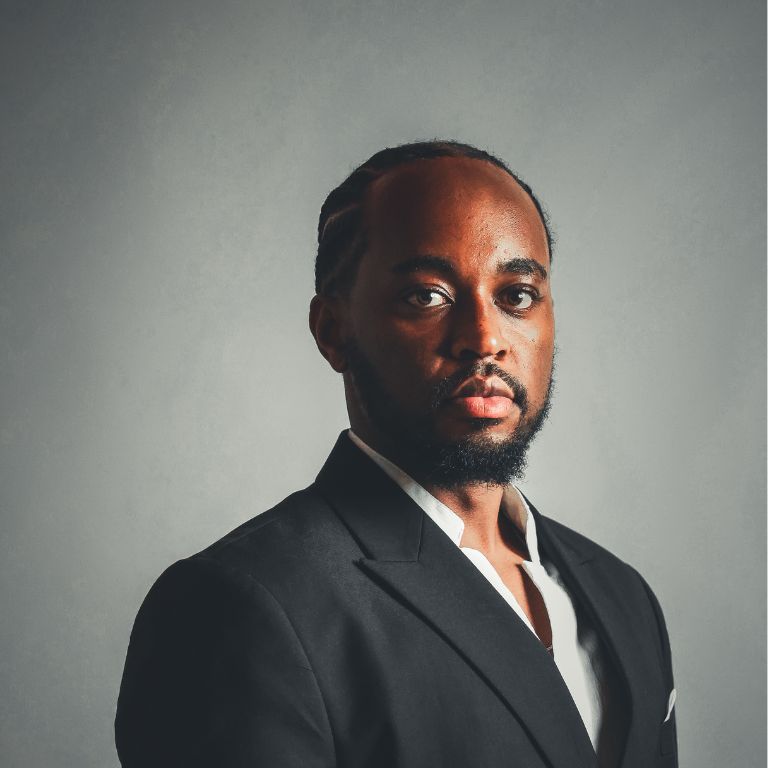Gélase Magnificat

Gélase Magnificat
Briefly describe how your UNI graduate program prepared you for your current role, profession, career, or research.
My graduate program at UNI prepared me for my current role by blending in-depth research in multiple communication theories with practical, real-world applications. Exploring how these theories intertwine with workplace scenarios enhanced my ability to approach problems, ideas, or pitches with both creativity and strategic insight. I also became well-versed in today’s media production technologies and learned how to navigate them effectively in a professional setting. Through various research assignments, I developed a deeper understanding of industry standards and best practices—skills that are essential when planning major productions like documentaries, where educated research is key to successful execution.
Name one or two faculty/staff members who positively influenced your graduate experience at UNI. How did they impact you?
Francesca Soans, MFA - my thesis advisor, played a pivotal role in shaping me into a stronger documentarian. Her extensive experience and numerous honors in documentary film-making expanded my perspective and approach toward storytelling. Beyond technical skills, she taught me the value of persistence and not giving up due to minor setbacks—a mindset that continues to guide me today. Dr. Kyle C. Rudick provided a clear blueprint for navigating grad school and helped me prioritize what truly mattered in the program. During moments of uncertainty, he reassured me that everything would work out in the end. He was also incredibly supportive when I moved out of state mid-program for work, understanding my situation and helping me stay on track.
What course, project, activity, conference, or experience at UNI was most intellectually stimulating? Briefly describe and explain its impact on you.
The most intellectually stimulating experience at UNI was my creative thesis project. It broadened my perspective on documentary making and deepened my understanding of what truly goes into producing meaningful work in the genre. Through research and hands-on practice, I learned about influential documentarians, their unique styles, and the key lessons I could take from their work. Most importantly, I gained the ability to shape a documentary’s narrative—learning how to maneuver a story from a certain viewpoint to a more personal or factual perspective, depending on the message and audience. This skill continues to influence how I approach storytelling today.
Is there anything else you’d like to share about your time at UNI? Any advice to students from your perspective now since you are on the field?
One thing I’d like to share about my time at UNI is how supportive the environment was, especially for international students like myself. My advice goes directly to those students: early on, it might feel like you’re rocking the boat alone or unsure of what you’re doing—but trust me, you’re not. We’re all in this together, and it truly does get better. Faculty and classmates are more than willing to help if you just reach out. Be persistent, ask for help when you need it, and stay open to learning. In time, everything will start to fall into place.
